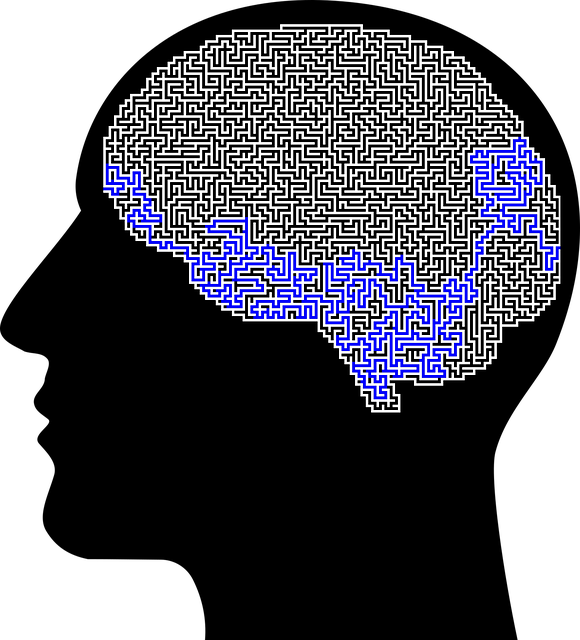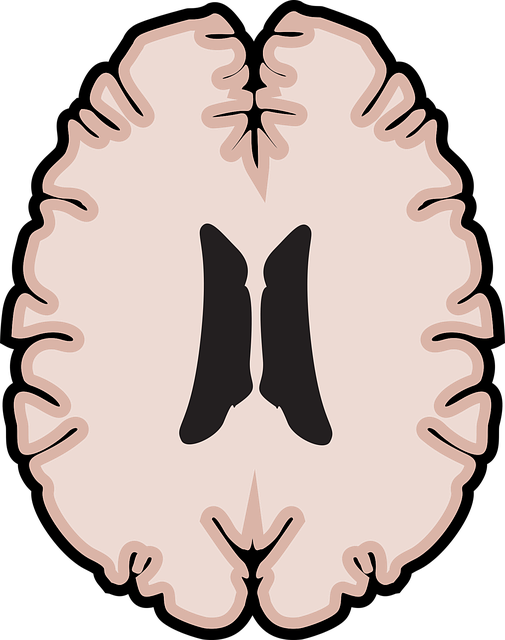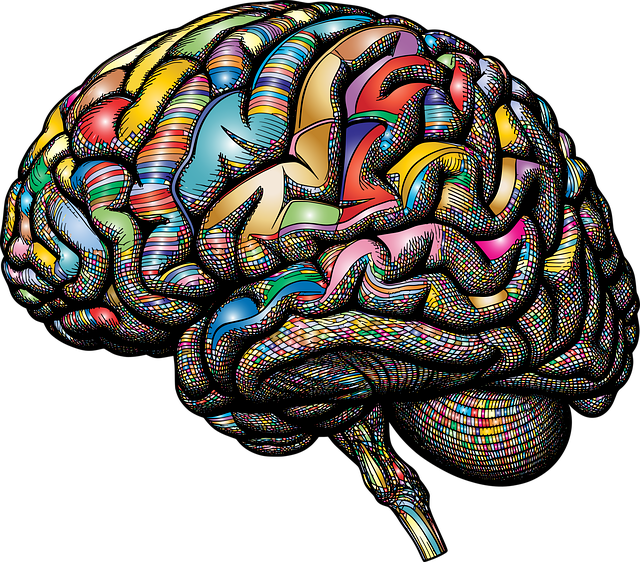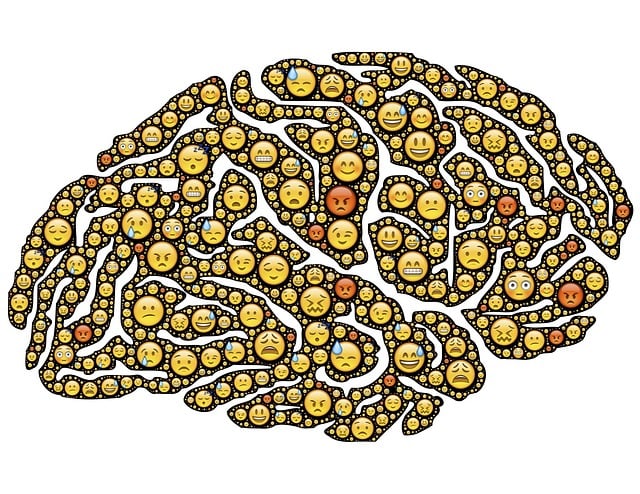TL;DR:
Stress management is vital for adults with Autism Spectrum Disorder (ASD), who face unique challenges in sensory processing, communication, and social interactions. Tailored therapy, including Cognitive Behavioral Therapy (CBT) and mindfulness techniques, equips them with self-regulation skills, boosts self-esteem, and promotes cultural sensitivity. Identifying triggers and building resilience through crisis intervention techniques enhance their ability to cope with stressful situations, improving overall quality of life. Mental health policy advocacy ensures access to inclusive services, addressing systemic barriers and promoting burnout prevention strategies for long-term well-being.
Stress management is a vital aspect of well-being, especially for adults with Autism Spectrum Disorder (ASD), who may face unique challenges. This article explores effective techniques to navigate and overcome stress, offering valuable insights into improving mental health. We delve into the impact of stress on ASD individuals, identifying specific triggers and providing strategies such as CBT and mindfulness practices adapted for their needs. By understanding resilience-building, readers can empower themselves with long-term tools for managing stress and enhancing their overall quality of life.
- Understanding Stress and Its Impact on Adults with Autism Spectrum Disorder (ASD)
- Identifying Triggers: Recognizing Stressors Specific to ASD Individuals
- Cognitive Behavioral Therapy (CBT): A Powerful Tool for Managing Stress
- Mindfulness and Relaxation Techniques Tailored for ASD
- Building Resilience: Long-term Strategies for Effective Stress Management
Understanding Stress and Its Impact on Adults with Autism Spectrum Disorder (ASD)

Stress is a universal experience, yet its impact can vary greatly among individuals. For adults with Autism Spectrum Disorder (ASD), understanding and managing stress is a critical aspect of their well-being. ASD often presents unique challenges when it comes to coping mechanisms due to differences in sensory processing, communication styles, and social interactions. What might be stressful for an average adult could have distinct effects on someone with ASD, making the role of therapy essential.
Therapy for Adults with ASD focuses on tailoring stress management techniques to individual needs, considering their specific strengths and challenges. This may involve teaching self-regulation strategies, such as deep breathing exercises or sensory tools, which can help them navigate stressful situations. Moreover, enhancing self-esteem and fostering cultural sensitivity in mental healthcare practice, through Cultural Competency Training for healthcare providers, is vital. By addressing these aspects, the therapy aims to empower individuals with ASD to better understand and manage stress, improving their overall quality of life.
Identifying Triggers: Recognizing Stressors Specific to ASD Individuals

Identifying triggers is a crucial step in managing stress for individuals with Autism Spectrum Disorder (ASD). Recognizing specific stressors is essential as it allows for personalized coping strategies. Many people on the autism spectrum may experience heightened anxiety or distress in certain situations, such as social interactions or changes in routines. For instance, unpredictable events like large gatherings or unexpected shifts in daily schedules can trigger overwhelming sensory overload. Understanding these triggers is a powerful tool for self-advocacy and self-care.
Therapy for Adults with ASD often focuses on building resilience through various techniques. Cultural Competency Training for healthcare providers plays a vital role in ensuring these individuals receive tailored support. By recognizing the unique challenges faced by those on the spectrum, therapists can develop strategies to address them effectively. Resilience Building interventions aim to equip individuals with coping mechanisms, allowing them to navigate stressful situations with greater ease. Additionally, Mental Illness Stigma Reduction Efforts contribute to creating an inclusive environment where ASD individuals feel supported and empowered to manage their stress and overall mental well-being.
Cognitive Behavioral Therapy (CBT): A Powerful Tool for Managing Stress

Cognitive Behavioral Therapy (CBT) is a highly effective and widely recognized tool in the arsenal of stress management techniques. This therapeutic approach focuses on identifying and challenging negative thought patterns, which in turn can significantly reduce feelings of anxiety and stress. CBT helps individuals recognize unhelpful cognitive distortions that contribute to their emotional distress, enabling them to develop healthier coping mechanisms.
For those with conditions like Autism Spectrum Disorder, CBT offers a tailored therapy for adults, providing a structured framework to navigate complex emotions. By teaching individuals to manage their thoughts and behaviors, CBT empowers them to take control of their mental well-being. This is particularly crucial in risk management planning for mental health professionals, as it equips healthcare providers with tools to prevent burnout and enhance their ability to support others facing stress or anxiety relief.
Mindfulness and Relaxation Techniques Tailored for ASD

Mindfulness and relaxation techniques have emerged as powerful tools for individuals on the Autism Spectrum Disorder (ASD) spectrum to manage stress and improve their overall mental wellness. These practices, tailored to the unique needs of adults with ASD, offer a non-invasive approach to anxiety relief. Through focused breathing exercises, guided visualizations, and sensory-based activities, individuals can develop better emotional regulation skills.
Specialized therapy programs often incorporate these techniques into their Mental Wellness Podcast Series Production, helping participants learn to recognize and respond to stressful situations. By engaging in regular mindfulness practices, adults with ASD can foster a sense of calm, enhance their ability to process emotions, and ultimately improve their quality of life. This tailored approach ensures that the strategies are accessible and effective, addressing the specific challenges faced by those navigating both ASD and stress-related concerns.
Building Resilience: Long-term Strategies for Effective Stress Management

Building resilience is a key component of long-term strategies for effective stress management, particularly for individuals with Autism Spectrum Disorder (ASD). Therapy for Adults with ASD often incorporates techniques aimed at fostering adaptability and emotional robustness to better navigate stressful situations. This involves learning crisis intervention guidance, which equips them with tools to de-escalate intense emotions and maintain a sense of calm during challenging times. By understanding their triggers and developing personalized coping mechanisms, individuals can proactively manage stress before it escalates.
Mental Health Policy Analysis and Advocacy plays a crucial role in supporting these practices. Understanding systemic barriers and advocating for inclusive mental health services ensures that effective interventions are accessible to all. Additionally, burnout prevention strategies are integrated into the self-care routines of individuals with ASD, recognizing the potential for heightened stress levels and implementing proactive measures to mitigate its effects. These long-term strategies not only enhance overall well-being but also empower individuals to take charge of their mental health.
Stress management techniques play a pivotal role in enhancing the well-being of adults with Autism Spectrum Disorder (ASD), offering them tools to navigate and overcome daily challenges. By combining cognitive behavioral therapy (CBT) with mindfulness practices tailored to their needs, individuals with ASD can effectively identify and manage stressors. This holistic approach, coupled with building resilience, empowers them to lead more balanced and fulfilling lives. Implementing these strategies enables adults with ASD to better cope, fostering improved mental health and overall quality of life. Thus, teaching stress management techniques is a valuable asset in supporting this population.














